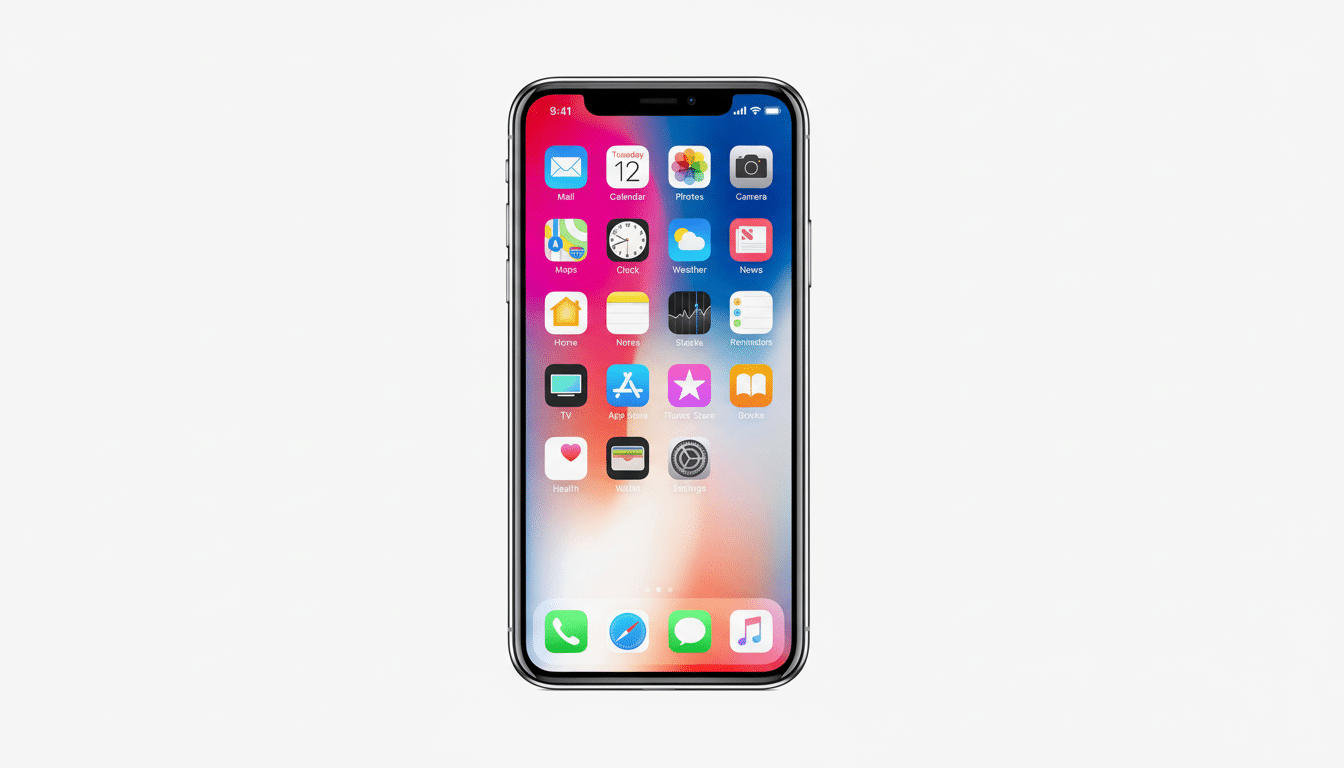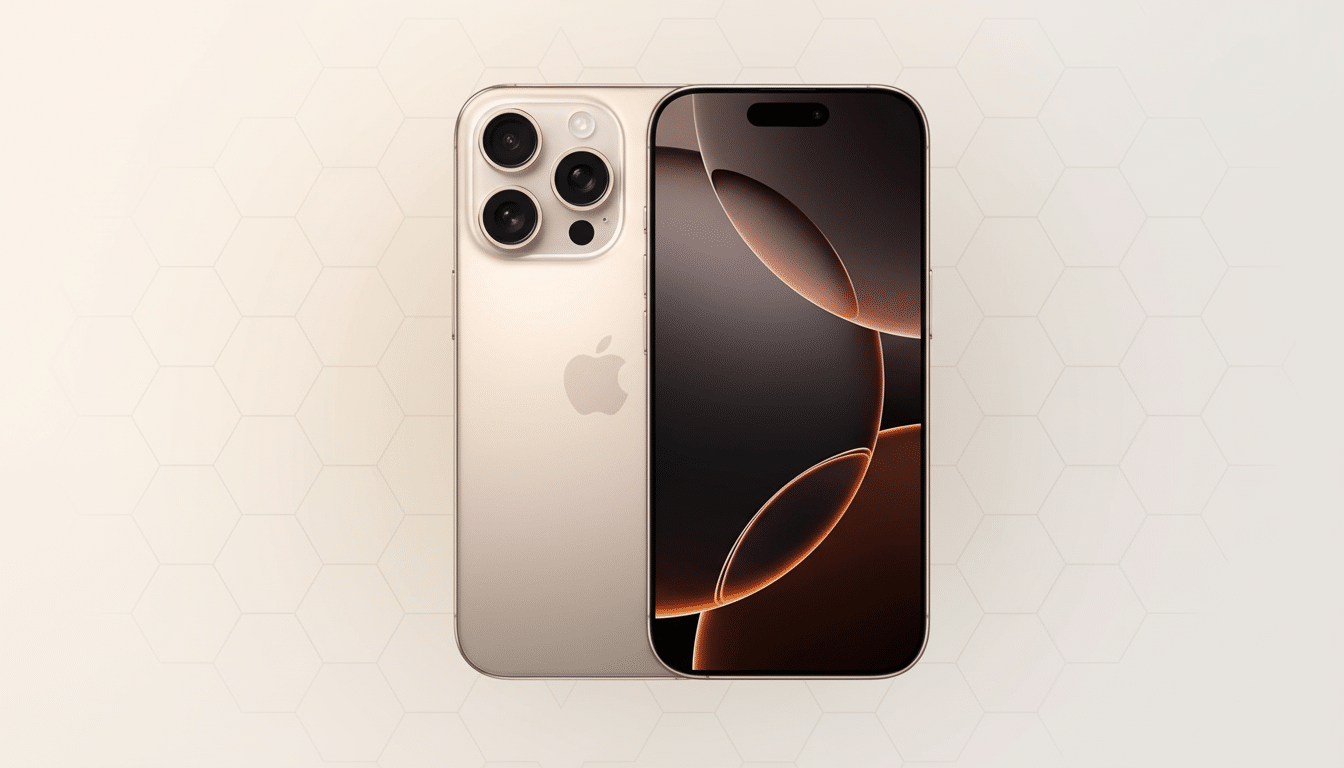If you have a Mac, iPhone or iPad, Safari is already sitting on your home screen. Chrome, meanwhile, is far and away the most-used browser in the world — StatCounter has Chrome at about two-thirds share and Safari at about one-fifth share globally. So which one should Apple users really go for? The answer will depend on how you browse, what devices you use and how much you care about privacy, battery life, features and compatibility.
Here’s an expert look at the trade-offs — minus the fluff.

Ecosystem Fit and Sync
Safari integrates with Apple’s ecosystem from the bottom up. iCloud also shares tabs, favorites, reading lists and passwords among your Mac, iPhone and iPad touches like Handoff, but it means none of those stay behind with the device. It plays nice with Apple Pay, Screen Time, and system-wide content blockers. If you live entirely in Apple’s world, this continuity is perfect.
Chrome’s superpower is breadth. It keeps history, tabs, extensions, and passwords in sync for virtually every platform — macOS, iOS, Android, Windows, Linux, and ChromeOS — through your Google account. Because if you use a Mac at home, and a non-Apple machine at work, Chrome lets you have a pretty consistent web life everywhere, irrespective of OS platforms.
iPhone note: All new iOS browsers use the WebKit engine shared by Safari. Which is to say that mobile performance likely feels closer across Safari and Chrome than many assume. The differences become more apparent with features and sync, not raw rendering speed.
Speed, Battery, and Web Compatibility
Both of the browsers are quick on Apple Silicon. The usual Speedometer (maintained by contributors including Apple, Google, Mozilla, and Microsoft) and WebXPRT benchmarks tend to put Safari and Chrome in the same general scoring range, with the pair exchanging victories depending on version and workload. You’re unlikely to notice a speed gap in everyday operation on modern Macs and iPhones.
That’s where Safari often excels is in battery life. Thanks to its deep integration with macOS and optimization work for Apple Silicon, many reviews of laptops have found that Safari uses less power for heavy mixed browsing than chromium-based competition. If you’re angling for an extra hour or two on the MacBook flight, Safari could be the quieter drain on your battery.
Chrome retains the edge on web app compatibility. Most developers build for Chromium first; and PWAs are most completely supported there on desktop. Safari’s support for web apps has gotten better, but some APIs and edge cases can lag behind, which is why you still sometimes see “this page works best in Chrome” announcements on complex services.
Privacy and Security Defaults
Pedersen Also, Safari comes with a worse privacy stance by default. Intelligent Tracking Prevention strengthens cross-site tracking protection and with new imaging Fingerprinting defenses, Safari makes you harder to fingerprint, while providing you with a summary of the number of trackers that are prevented from profiling you. iCloud Private Relay (a feature of iCloud+) obscures your IP and bounces traffic through two relays — a nice touch, if not quite up to the standard of a full VPN. Independent comparisons from privacytests. org and elsewhere incline Safari to blocking more trackers by default than Chrome.

Chrome responds with a mix of solid security engineering—sandboxing, rapid patches, phishing protection—along with its increasingly detailed Privacy Sandbox project to reduce third-party tracking around the open web. Nonetheless, Chrome’s tight integration with Google’s advertising machine, and high-profile issues with the way it collects data, not to mention lawsuits over the way Incognito mode works, make it hard to recommend as a privacy-first choice without making a bunch of changes yourself.
Extensions, AI and Everyday Tools
Extensions remain Chrome’s biggest advantage. The Chrome Web Store is sprawling, from productivity tools, research aides, shopping helpers, and developer tools. Safari has support for modern WebExtensions, but the catalog is smaller and some ports aren’t as powerful due to platform policies.
Reader mode is a highlight in Safari—clean layouts, easy type controls, natural-sounding read aloud options. Chrome doesn’t have a reading mode, it’s present without feeling ‘present’ or apparent there’s a lot of power in sight. For translation, Google has a wider range of coverage, particularly for long-tail languages, whereas Safari relies on Apple’s system translator, which has a smaller list.
And by AI, we mean Chrome gets the feel of a future checking our browser history with Google Lens object recognition on the page and for premium users Gemini features in the sidebar, not to mention smart touches like smart tab grouping. Safari’s Apple Intelligence brings you a page summary, highlighter and inliner to supported devices. Neither makes the browser a full generative assistant, by any means, yet both are getting closer to being that.
Who Should Use Which?
If you’re all-in with Apple and prioritize battery life and privacy, stay with Safari. You’ll receive smooth Handoff, low power use on MacBooks, strong default tracker blocking, and a best-in-class reading mode.
If you toggle between Apple and non-Apple devices or count on niche extensions and web apps, then use Chrome. It’s still unbeaten when it comes to cross-platform sync, the depth of its extensions, and its muscle as a PWA.
Many people use both: Safari for personal, private, mobile-first browsing; Chrome for work accounts, research and extension-based tasks. Profiles within each browser make that split more clean.
Bottom Line
There’s no single “best” browser for any Apple device. Safari is the efficiency-and-privacy pick that seems at home with Apple hardware. Chrome is the compatibility-and-extensions champion, gliding smoothly through ecosystems. Just pick the one that is most aligned with your own priorities—or better still, run side by side and the use case can prevail.

